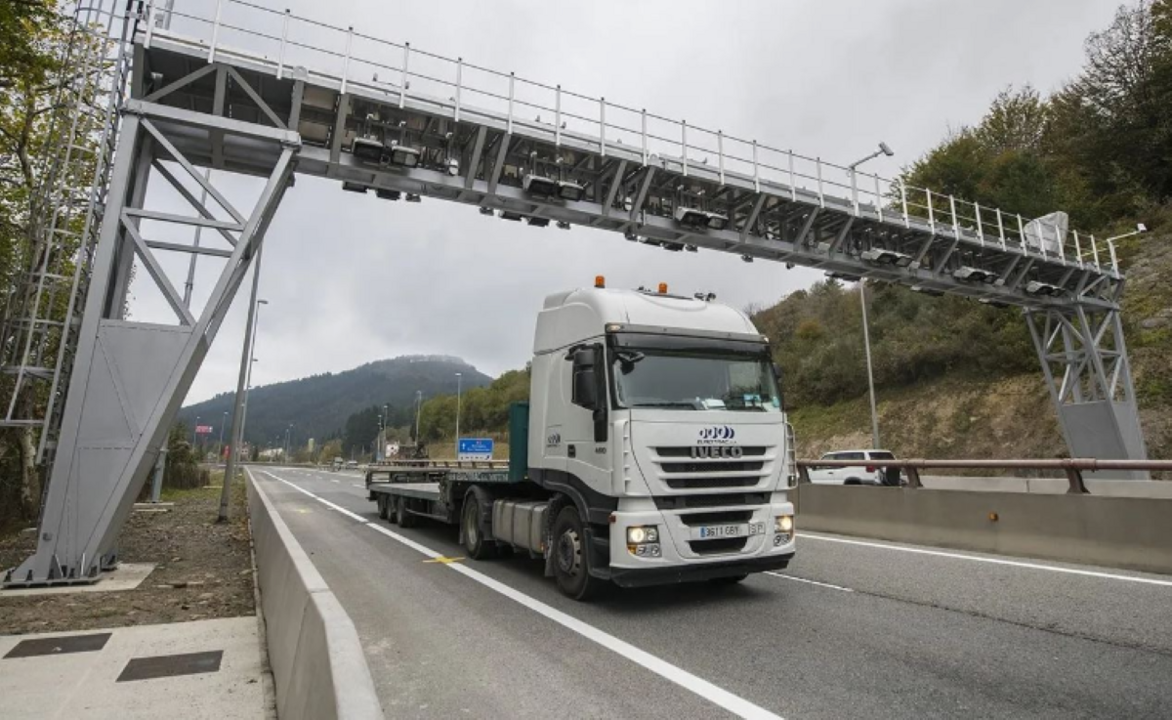Boosting Sustainable Road Transport
To enhance the competitiveness of sustainable road transport, the European Commission has made a significant proposal aimed at exempting heavy zero-emission vehicles from tolls and usage fees. This initiative aligns with broader efforts to foster cleaner transportation solutions and could very well influence logistics practices across Europe.
Incentives for Businesses
As part of its Industrial Action Plan for the European Automobile Sector, the Commission suggests extending the existing exemption period from December 31, 2025, to June 30, 2031. This extension serves as a robust incentive for businesses, encouraging them to invest in zero-emission heavy vehicles, which are still more expensive than their traditional counterparts.
Addressing Initial Cost Barriers
The higher initial costs of zero-emission vehicles remain a key obstacle hindering their widespread adoption. By eliminating tolls and other fees, the aim is to enhance the investment appeal of emissions-free buses and trucks.
Emission Standards Synchronization
The proposed exemption period will align with the EU’s CO2 emissions performance standards for new heavy vehicles, targeting a remarkable 43% reduction in emissions by 2030. This synchronization ensures that as the market gradually transitions towards cleaner vehicles, emissions targets are also progressively met.
行业利益相关者的支持
Support for this initiative has been echoed by organizations such as the IRU, which includes members like CONFEBUS. While welcoming the proposal, the IRU emphasizes the need for further policy adjustments within the broader Eurovignette framework. This approach is geared towards facilitating equitable transitions to low and zero-emission road transport.
Proposed Improvements
IRU has urged policymakers to focus on several essential areas:
- Inclusion of Alternative Low-Carbon Fuels: Vehicles powered by liquid and gaseous alternative fuels, such as e-fuels, carbon-neutral fuels, and biofuels, should also receive substantial toll reductions to expedite the immediate reduction of CO2 emissions in transport.
- Allocation of CO2-Related Revenue: A temporary and mandatory allocation of all CO2-related toll revenues is crucial to supporting the decarbonization efforts in the commercial road transport sector.
- Avoiding Double Taxation: The current framework allows member states to impose multiple CO2-related charges, leading to excessive burdens on operators and undermining investments in clean technologies.
Urgency in Transition
As the sector approaches a critical juncture, increased investment in high-cost zero-emission vehicles is essential. A temporary allocation of CO2 revenue from tolls will provide crucial support for this transition. Without it, many operators could face significant challenges in embracing cleaner transportation solutions. Importantly, the Eurovignette framework must also recognize the contribution of low-carbon fuels.
Summary of Suggestions
| Suggestion | 说明 |
|---|---|
| Low-Carbon Fuels Inclusion | Encourage the use of alternative fuels by exempting them from tolls. |
| Revenue Allocation | Use toll revenues for decarbonization efforts. |
| Avoid Double Charges | Streamline CO2-related charges to prevent operator burden. |
Legislative Process Ahead
This proposal is now on the path for review by the European Parliament and the Council under the ordinary legislative procedure. The insights from this proposal are insightful, as they demonstrate a commitment to fostering a greener future for transport.
A Step Forward with Room for Improvement
While the Commission’s proposal signifies progress, the call for immediate policy advancements is loud and clear. The potential to enhance the transition to low and zero-emission road transport hinges upon swift actions in critical areas, as outlined by stakeholders. The commitment from both public and private sectors will be vital in nurturing an environmentally sustainable transport network.
Even the finest reports and reviews can’t replace personal experience. On GetTransport.com, cargo transportation can be arranged at globally competitive prices, paving the way for well-informed decisions supported by the best deals available. The platform not only offers convenience and affordability but also boasts extensive options to match various logistics needs.
最终想法
In conclusion, the European Commission’s proposal for toll exemptions underscores a strategic move towards economically viable zero-emission vehicles, fostering a cleaner logistics sector. As the logistics landscape shifts towards greater sustainability through cleaner transport means, leveraging services like GetTransport.com will enhance the efficiency and cost-effectiveness of freight transportation. With effortless navigation through diverse shipping options, clients can confidently address their distribution needs. Don’t let logistics weigh you down; book your ride with GetTransport.com 今天!

 欧盟委员会鼓励零排放车辆的收费豁免提案">
欧盟委员会鼓励零排放车辆的收费豁免提案">